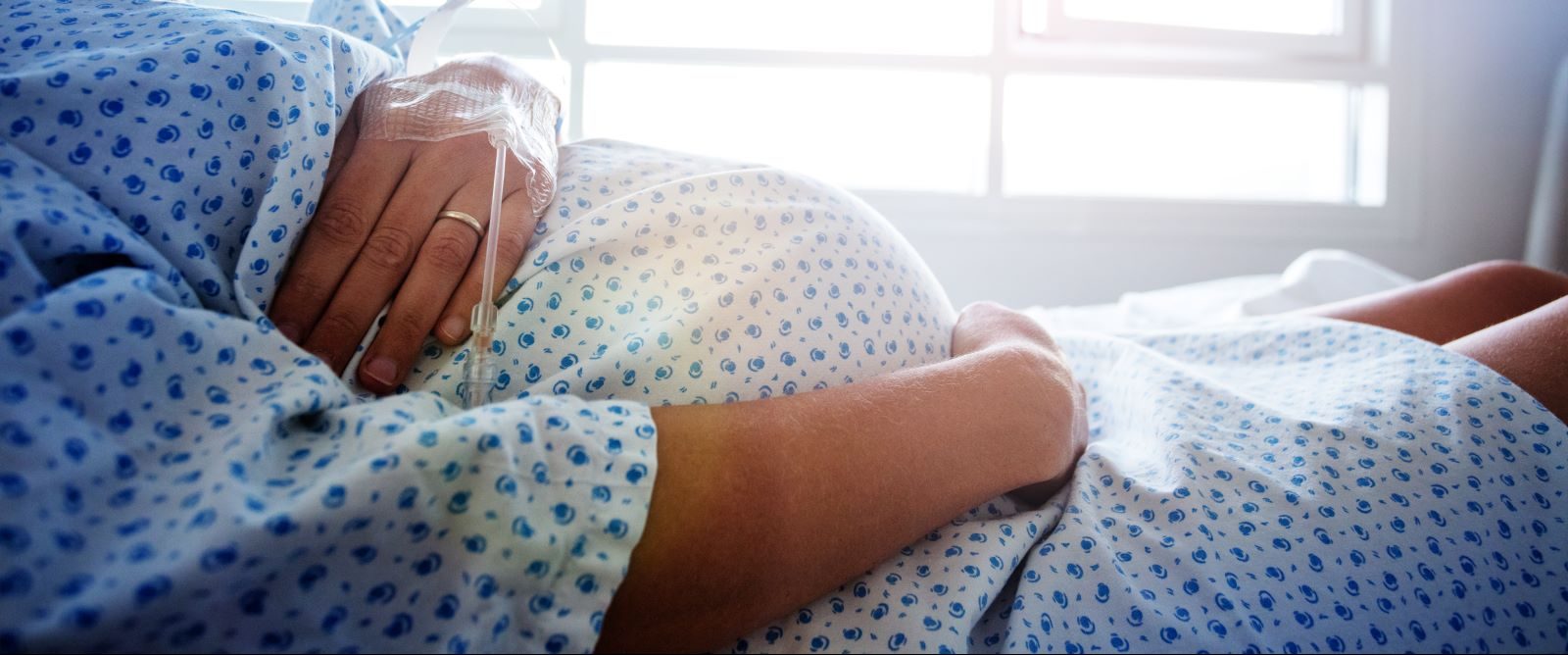<< Back
What You Should Know About Eclampsia After Olympian Torie Bowie’s Death

June 19, 2023
Professional athletes are often considered the pinnacle of health – which made the untimely death of Olympic sprinter Tori Bowie during childbirth so surprising. A recent autopsy listed Bowie’s cause of death as eclampsia.
But what exactly is eclampsia and who’s at risk? And most importantly, what can be done to prevent deadly complications in pregnant women?
What is eclampsia?
Preeclampsia is a late-pregnancy complication that causes dangerously high blood pressure. It generally happens after 20 weeks, and if untreated, can cause eclampsia – a more severe complication that can cause seizures or coma.
“When preeclampsia in pregnancy is identified, the obstetrics team initially manage the patient’s blood pressure,” explains Stephanie Saucier, MD, cardiologist and co-director of the Women’s Heart Wellness Program, part of the Hartford HealthCare Heart & Vascular Institute. “Cardiologists may become involved if blood pressure is difficult to control, or if there are other cardiovascular conditions.”
What are signs a pregnant woman has preeclampsia?
While high blood pressure often doesn’t cause symptoms, Dr. Saucier says pregnant woman with preeclampsia may experience:
- Headaches
- Fatigue
- Confusion
- Vision changes
- Shortness of breath
> Related: Hypertension During Pregnancy Can Put Moms at Risk Later in Life
Why might some women have a greater risk of preeclampsia?
Genetics and acquired risk factors can increase risk of preeclampsia during pregnancy, Dr. Saucier says. These include:
- Pre-existing cardiovascular disease
- Obesity
- Diabetes
- Chronic hypertension
- Chronic kidney disease
- Obstructive sleep apnea
- Lupus
- Rheumatoid arthritis
- Being over the age of 35
- Conceiving through fertility treatment
> Want more health news? Text StartHere to 85209 to sign up for text alerts
How is preeclampsia diagnosed?
All pregnant women should have regular prenatal check-ups with blood pressure checks, says Dr. Saucier. If a problem exists, pregnancy-safe medications and exercise can help, she adds.
If you have preeclampsia or another hypertensive disorder, postpartum hypertension clinics like Hartford HealthCare’s can connect you with cardiologists within 72 hours of discharge.
Why are Black women – like Bowie – more at risk?
Being Black also seems to increase a woman’s risk, adds Daileann Hemmings, MSN, director of maternal health equity at Hartford Hospital. Preeclampsia affects 60% more Black women than white women.
“Unfortunately, Bowie’s experience with eclampsia only highlights the fact that Black women have the highest maternal mortality rate in the country,” Hemmings says. “They are about three times more likely to die while pregnant than white women, which is unacceptable.”
Hemmings, who is helping to address institutional racism that leaves minorities at a disadvantage when seeking healthcare, stresses the importance of acknowledging and addressing social determinants of health.
“It is up to us to ensure that all people – including pregnant, birthing and postpartum women – have access to the quality healthcare they need and deserve,” Hemmings says.